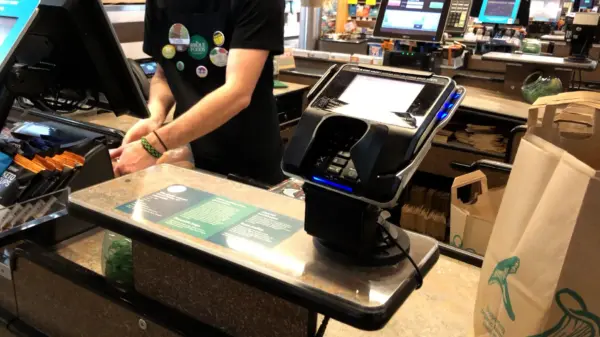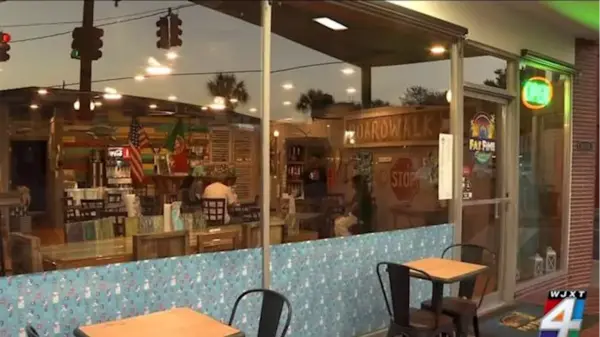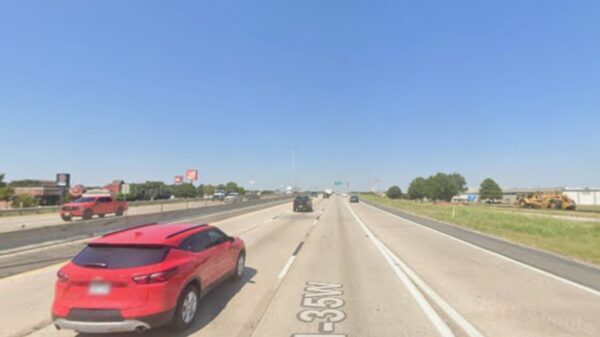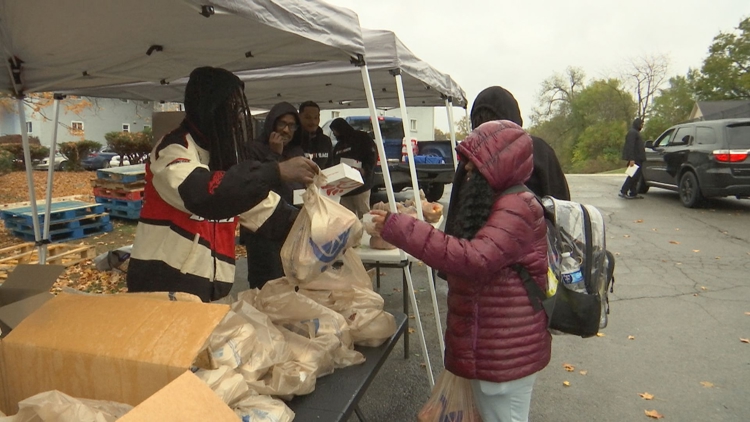As SNAP benefits remain suspended, various organizations in Indianapolis are actively addressing food insecurity among vulnerable populations. The Office of Public Health and Safety, alongside community groups like Indy Peace and local churches, has initiated programs to provide essential food assistance during this challenging period.
The suspension of SNAP benefits has left many families struggling to secure adequate nutrition. In response, these organizations have mobilized resources to ensure that individuals and families have access to food. The local church initiatives, for instance, have set up food pantries to distribute groceries to those in need. These efforts are crucial, as many community members rely heavily on these programs for their daily sustenance.
Community Efforts to Address Food Needs
In October 2023, the collaboration between public health officials and local organizations has intensified. The Office of Public Health and Safety is coordinating with Indy Peace to identify the most affected areas and direct resources where they are needed most. Volunteers from these organizations are working tirelessly, providing food and support to families experiencing hardship due to the paused benefits.
Through these initiatives, hundreds of families have received essential food supplies. For instance, food distributions have occurred at various locations across the city, ensuring that residents can access these vital resources without facing transportation issues. The outreach has garnered positive responses from the community, highlighting the importance of collaboration in times of crisis.
Long-term Implications and Future Support
While the immediate needs are being met, the long-term implications of the SNAP benefits suspension raise concerns about food security in Indianapolis. As organizations work to fill the gaps, questions arise regarding the sustainability of these efforts once benefits resume. Community leaders emphasize the importance of continued support and funding to maintain food assistance programs in the future.
Local officials are advocating for policies that would strengthen food security measures and ensure that families do not face such uncertainty again. As Indianapolis navigates this challenging landscape, the dedication of community organizations remains a beacon of hope for many residents.
In conclusion, the proactive approach taken by the Office of Public Health and Safety, Indy Peace, and local churches exemplifies how communities can come together in times of need. Their ongoing efforts not only provide immediate relief but also contribute to a broader dialogue about ensuring food security for all Indianapolis residents.







































































